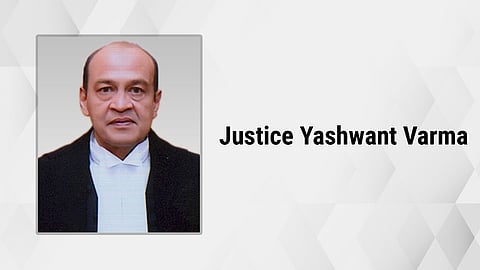
- News
- Columns
- Interviews
- Law Firms
- Apprentice Lawyer
- Legal Jobs
- हिंदी
- ಕನ್ನಡ

The Delhi High Court has held that allocation of coal blocks per se cannot be viewed or recognised as proceeds of crime under the Prevention of Money Laundering Act (PMLA) [Prakash Industries Ltd and Anr v Directorate of Enforcement].